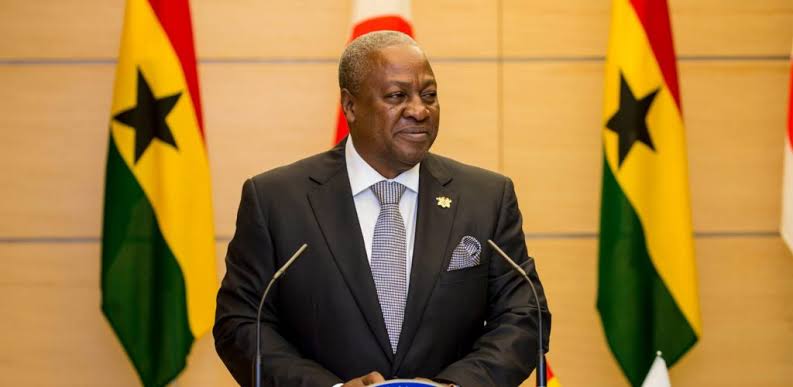Ghana’s President has ordered an end to the provision of fuel benefits for politicians, a decision aimed at demonstrating responsible leadership during the country’s ongoing economic crisis. The government says this action reflects its commitment to leading by example as citizens are being urged to make sacrifices.
This measure is part of a broader fiscal strategy to reduce government spending and redirect funds toward critical sectors such as health, education, and infrastructure.
According to Presidential spokesperson Felix Kwakye Ofosu, the move aligns with the administration’s efforts to rebuild public trust and ensure more efficient governance. “This is part of efforts to streamline governance and ensure that resources are focused on national development priorities,” he told state media.
The fuel benefit cut follows several recent austerity directives, including a reduction in the number of ministers, stricter travel protocols for officials, and a ban on luxury services like satellite TV in public offices. Additionally, the government has announced plans to install prepaid electricity meters in all government buildings to curb energy waste.
Eliminating fuel allowances alone is projected to save the government millions of cedis annually, funds that will now be redirected to support essential public services, especially in underserved communities struggling with limited access to education and healthcare.
While many Ghanaians have welcomed the policy as a necessary reform, others are calling on the government to extend the cuts to include other perks enjoyed by public officials.

